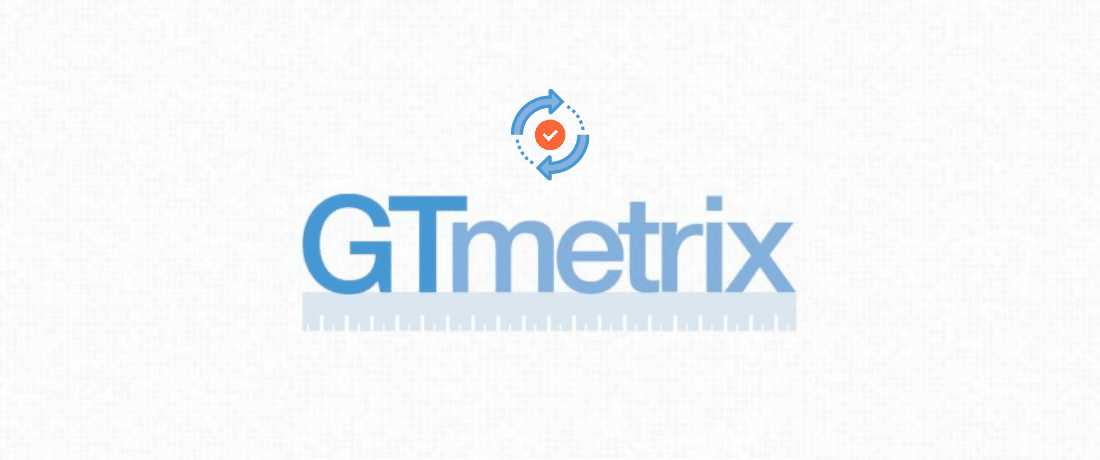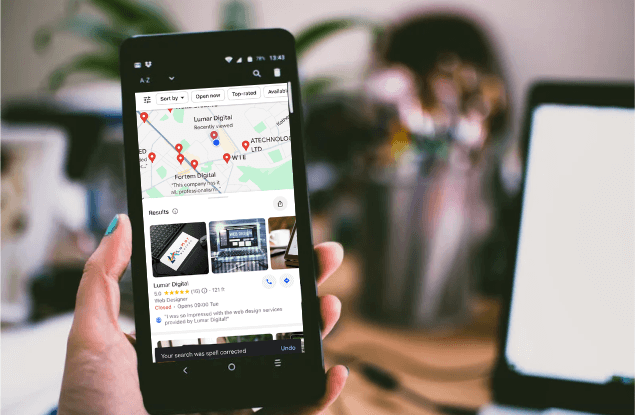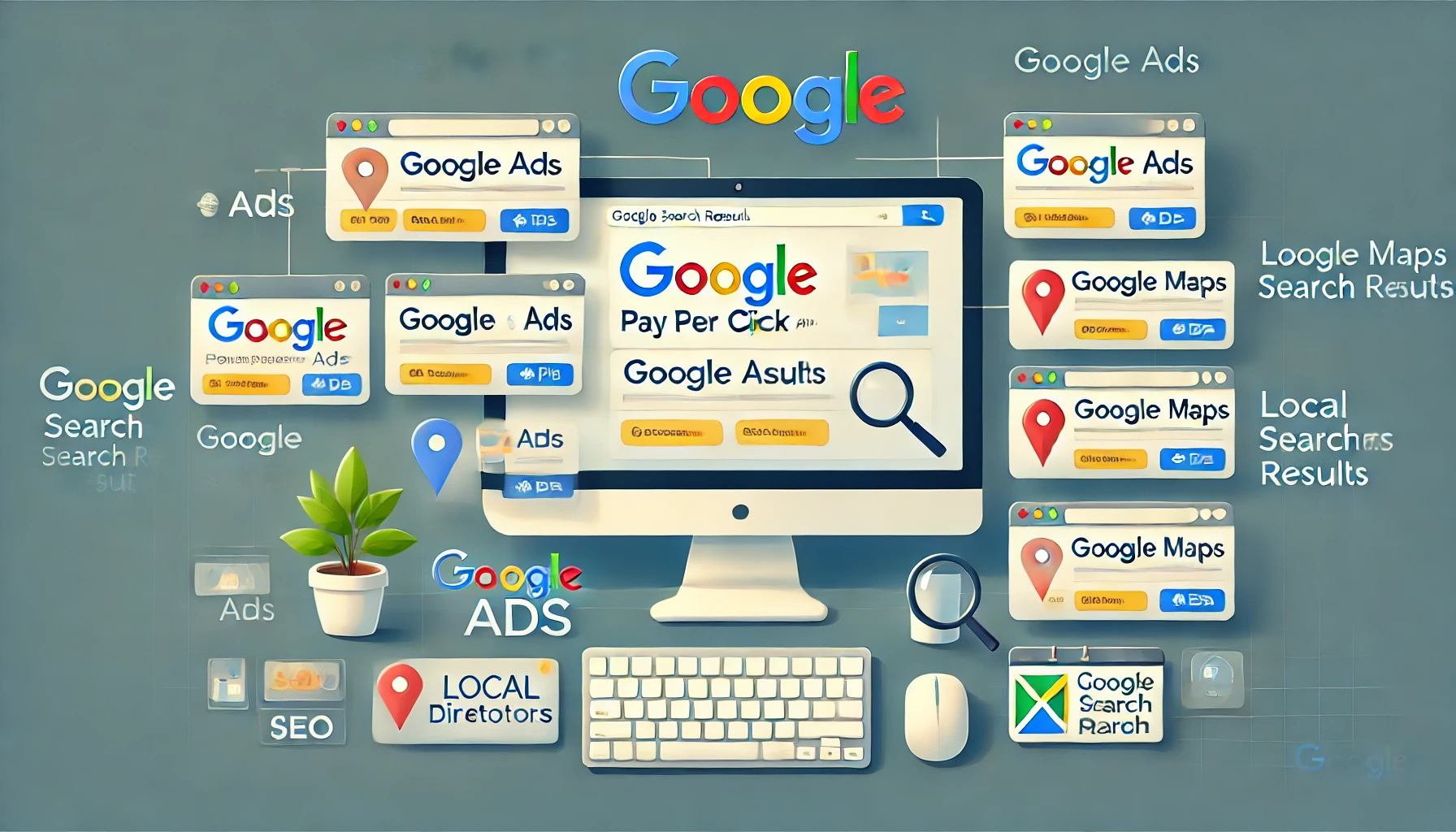A complete Guide to optimising your website speed
For Small Businesses
In today’s fast-paced digital world, website speed is crucial for user experience and search engine rankings. Slow-loading websites can frustrate visitors, leading to higher bounce rates and lost revenue. This guide will help you understand how to optimise your website speed effectively.
Why Website Speed Matters
Website speed is more than just a technical concern; it impacts user experience, SEO, and overall business performance.
User Experience
Fast-loading websites provide a better user experience, leading to higher engagement and satisfaction. Slow websites can drive visitors away, resulting in lost opportunities.
SEO Benefits
Search engines, like Google, consider website speed as a ranking factor. Faster websites are more likely to rank higher in search engine results pages (SERPs), increasing organic traffic.
Conversion Rates
A speedy website can significantly improve your conversion rates. Studies show that even a one-second delay in page load time can lead to a substantial drop in conversions.
It’s time to Get Your Business Online!

Tools for Measuring Website Speed
Before you can optimise your website, you need to understand its current performance. There’re some tools can help you measure your website speed and identify areas for improvement.
Google PageSpeed Insights
Google PageSpeed Insights provides a detailed analysis of your website’s performance, offering suggestions for improvement. It evaluates both mobile and desktop versions of your site.
GTmetrix
GTmetrix offers comprehensive insights into your website speed, including page load time, total page size, and the number of requests. It also provides actionable recommendations for optimisation.
Pingdom
Pingdom is another popular tool that measures your website’s load time, performance grade, and identifies bottlenecks. It allows you to test your site from different locations around the world.
It’s time to Get Your GMB Online!

Optimisation Techniques for Your Website Speed
Once you’ve identified the areas for improvement, you can implement various techniques to enhance your website speed.
Image Optimisation
Large images can significantly slow down your website. Optimise your images by compressing them without losing quality, using formats like WebP, and ensuring they are the correct size.
Minimise HTTP Requests
Reducing the number of HTTP requests your website makes can speed up load times. Combine files where possible, such as CSS and JavaScript, and remove unnecessary plugins or scripts.
Enable Browser Caching
Browser caching stores parts of your website in visitors’ browsers, so they don’t have to reload the entire page each time they visit. Configure your caching settings to improve repeat visit speeds.
It’s time to Get More Online Presence!


Web Design packages for Small Businesses.
“Your Website, Made Simple,” isn’t just a catchy phrase. It’s our promise to you.
We understand the hurdles small businesses face in getting online – from budget constraints to the technical maze of website design. That’s why we’ve tailored our services to ensure your journey from concept to live website is smooth, quick, and effective.
Everything Your Website Needs
Whether you’re after a simple, elegant one-pager or a comprehensive site with all the bells and whistles, our approach is designed to be as straightforward as it is effective.
From customisable templates to fully original designs, we offer scalable solutions that grow with your business.
We are also a small business and understand the importance of a digital presence that aligns with your brand and budget.

Responsive
(Mobile Friendly)
Your website will look great and work perfectly on any device (mobile, tablet, laptop, etc.)

Favicon &
SSL Security
For that browser professional touch and peace of mind for your clients and visitors.

Social media Integration & Forms
Let your visitors contact you and conncet with you easily.

SEO Setup
Homepage
Your website will be easy to find by search engines like Google. And will be seen by those who matter most to your business.

Easy to Edit & Total Ownership
Your business, your website. You can edit and update the content as your business change.
Advanced Optimisation Strategies
For further optimisation, consider implementing advanced strategies that require more technical expertise.
Content Delivery Network (CDN)
A CDN distributes your website’s content across multiple servers worldwide, reducing load times for visitors regardless of their location. Popular CDNs include Cloudflare and Akamai.
Lazy Loading
Lazy loading delays the loading of images and videos until they are about to enter the viewport. This reduces initial page load time and conserves bandwidth for users.
Server Optimisation
Ensure your server is optimised for speed by upgrading your hosting plan, using a faster server type (like NGINX), and keeping server software up to date.
It’s time to Get More Online Presence!

Content Creation
Creating valuable and engaging content can help you attract and retain customers. Content marketing includes blog posts, articles, videos, infographics, and more.
Blogging
Start a blog on your website and regularly publish posts on topics relevant to your audience. Blogging can help you establish authority in your industry and improve your SEO.
Video Marketing
Videos are a powerful way to engage with your audience. Create informative and entertaining videos about your products or services and share them on platforms like YouTube and social media.
Social Media Content
Develop a content calendar for your social media channels. Share a mix of promotional, educational, and entertaining content to keep your audience engaged.
It’s time to Get More Online Presence!

Optimising your website speed is essential for providing a better user experience, improving your SEO rankings, and increasing conversion rates. By following this guide and implementing the suggested techniques, you can significantly enhance your website’s performance. Start by measuring your current speed, apply the optimisation techniques, and continually monitor and adjust to maintain optimal performance.
Lumar Digital is here to help you navigate the complexities of website optimisation, ensuring your business thrives in the competitive digital landscape.
Our Simple 3-Step Process
Discover
We dive deep into your business goals, desired features, and content needs.
Design
Turning insights into a stunning website draft within 48 hours, ready for your feedback.
Deliver
With your final input, we launch your website to the world, in your chosen domain.
Content Creation
We create the content for your website that speaks to your audience and Google
Go to Content Creation
SEO
Services
For organic and sustainable growth for your business.
Our tailored SEO services are designed to meet your unique business needs and drive lasting results.
Go to Seo Services
FAQs on Digital Marketing for Small Businesses
Website General importance
Why is website speed important?
Website speed is crucial because it directly impacts user experience, search engine rankings, and conversion rates. Faster websites provide a better user experience, rank higher in search results, and convert more visitors into customers.
How does website speed affect SEO?
Search engines like Google consider website speed as a ranking factor. Faster websites are more likely to rank higher in search engine results pages (SERPs), leading to increased organic traffic.
How often should I check my website speed?
Regularly checking your website speed is important, especially after making significant changes to your site. Aim to check it at least once a month or whenever you add new content or features.
How often should I check my website speed?
Regularly checking your website speed is important, especially after making significant changes to your site. Aim to check it at least once a month or whenever you add new content or features.
Basic Optimisation Techniques
How can I optimise images on my website?
Optimise images by compressing them without losing quality, using modern formats like WebP, and ensuring they are the correct size for their intended use. Tools like TinyPNG and ImageOptim can help with compression.
What are HTTP requests, and how can I minimise them?
HTTP requests are made each time a browser fetches a file from your server. Minimising these requests involves combining files like CSS and JavaScript, reducing the number of plugins, and removing unnecessary scripts.
How does lazy loading improve website speed?
Lazy loading delays the loading of images and videos until they are about to enter the viewport. This reduces initial page load time and conserves bandwidth, making the site faster and more efficient.
Server and Caching
What role does browser caching play in website speed?
Browser caching stores parts of your website in visitors’ browsers, so they don’t have to reload the entire page each time they visit. Proper caching configuration can significantly improve repeat visit speeds.
How can I optimise my server for better website speed?
Optimise your server by upgrading your hosting plan, using a faster server type (like NGINX), and keeping your server software up to date. Also, consider using server-side caching solutions and database optimisation techniques.





